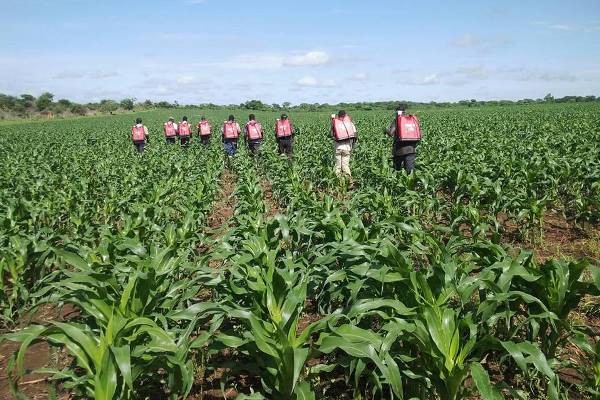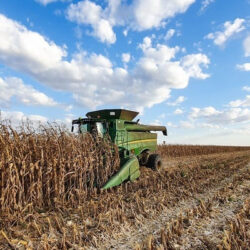Research done by the KwaZulu-Natal Agriculture Union (Kwanalu) found that the province’s rural employment and economy are being threatened by the demands of the new national minimum wage.
The 9,6% increase in the national minimum wage that recently took effect does not consider the “considerable pressure” it places on the South African agricultural sector in an already difficult economic climate. The suggestion was made that the Department of Employment and Labour considers developing a separate and more realistic minimum wage for the agricultural sector.
Sandy La Marque, chief executive officer of the KwaZulu-Natal Agriculture Union (Kwanalu), says in a press release that these statements and suggestions are based on statistics compiled from, among other things, the department’s own quarterly statistics and year reports, and from Kwanalu’s survey done among all its members and all agricultural commodity groups in the province.
“These statistics show that specific pressures have, year on year, resulted in a decrease in agricultural employment since 2019 in KwaZulu-Natal.”
Sandy says this pressure includes an increasingly narrow economic production climate, abnormally high inflation of producer price compared to other business sectors due to the specific nature of agricultural inputs, as well as severe incidences of flooding in farming areas. Then there is also the widespread impact of the civil unrest that took place in July 2021, outbreaks of foot-and-mouth disease, the deteriorating state of roads and other crucial infrastructure, and the significant impacts of the ongoing and increasing loadshedding schedules.
“Kwanalu believes there is insufficient evidence to equitably enforce a greater than consumer price index (CPI) inflation on rural employment; a 0% base rate should have been the departure point. This is relevant as the rural cost of living is lower than the urban cost of living, so it may well be prudent to give agriculture its own minimum wage determination. We will continue to explore options to address the high increase and its impacts.”
She points out that before Thulas Nxesi, Minister of Employment and Labour, announced the new minimum wage, Kwanalu suggested to the Department that an increase of less than the CPI would have been more realistic given the agricultural sector’s financial circumstances and the impact on the livelihood of agricultural employees and other rural citizens.
The Department announced in a press release on 27 February that the minimum wage would now be R25,42 per hour for workers across South Africa, except those in the state’s extensive public works programme, which is paid a minimum of R13,97 per hour.
“The national minimum wage excludes allowances, such as transport or equipment, that are paid to enable employees to work, or payment in goods, such as food or accommodation, as well as bonuses, tips or food. One cannot argue that you pay an employee less than the minimum wage because you contribute to their uniform or provide them with meals. The national minimum wage is the base level below which no employee should be paid,” said the Department in the press release.
Kwanalu reports that it compiled this chart using data from the Department of Employment and Labour’s quarterly statistics and year reports. Chart: Kwanalu
[Agricultural] production conditions in recent years have indicated considerable negative impacts, with AGBIZ pointing to a 60% year-to-year increase in input costs. A survey done among Kwanalu’s members indicate that more than half of agricultural producers found that their product price, or the selling price of their products, rose less than inflation over the last three years. Explanation and chart: Kwanalu
Industrial prices, CPI, the national minimum wage and KwaZulu-Natal’s employment numbers in agriculture indexed to 2017 prices. Words and chart: Kwanalu
Extracts taken from a survey done among Kwanalu members that indicate the impact of a CPI-linked increase on the national minimum wage, and of the current pressure on KwaZulu-Natal’s agricultural sector. Words and chart: Kwanalu




